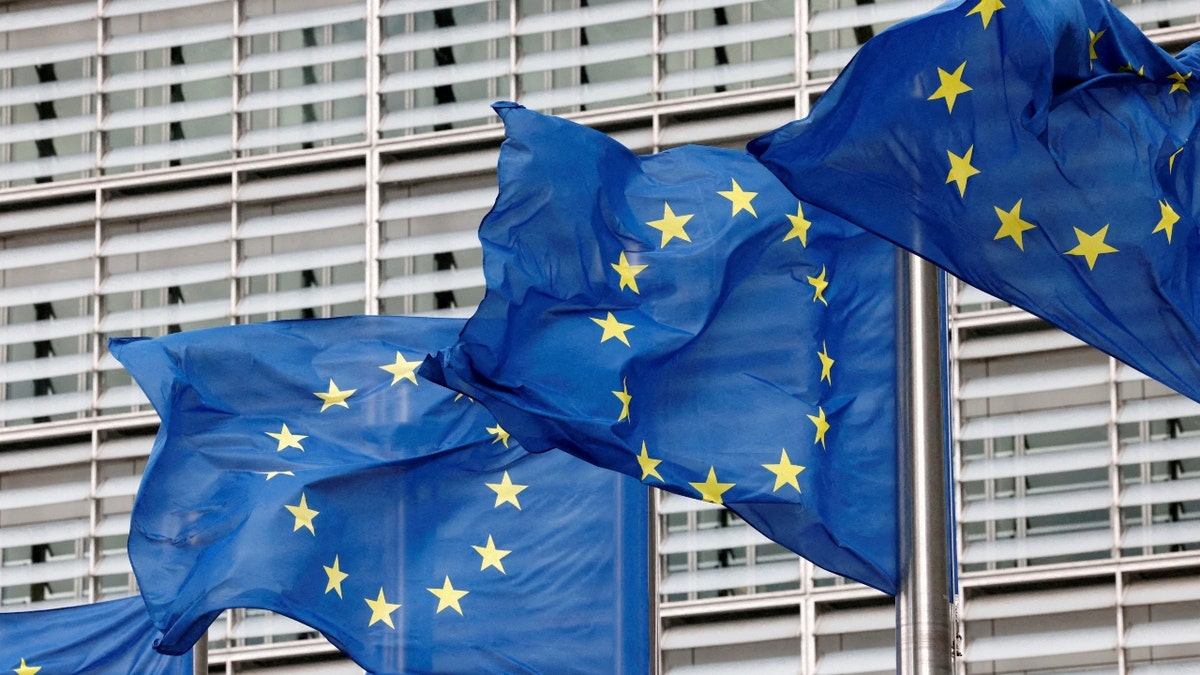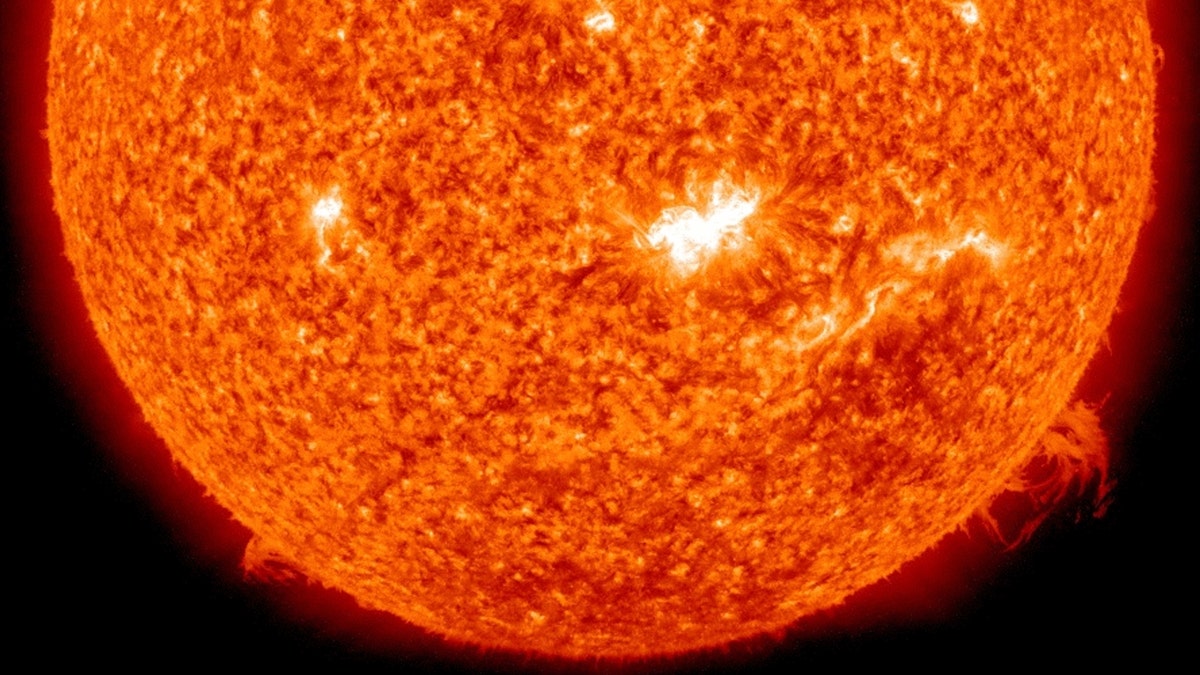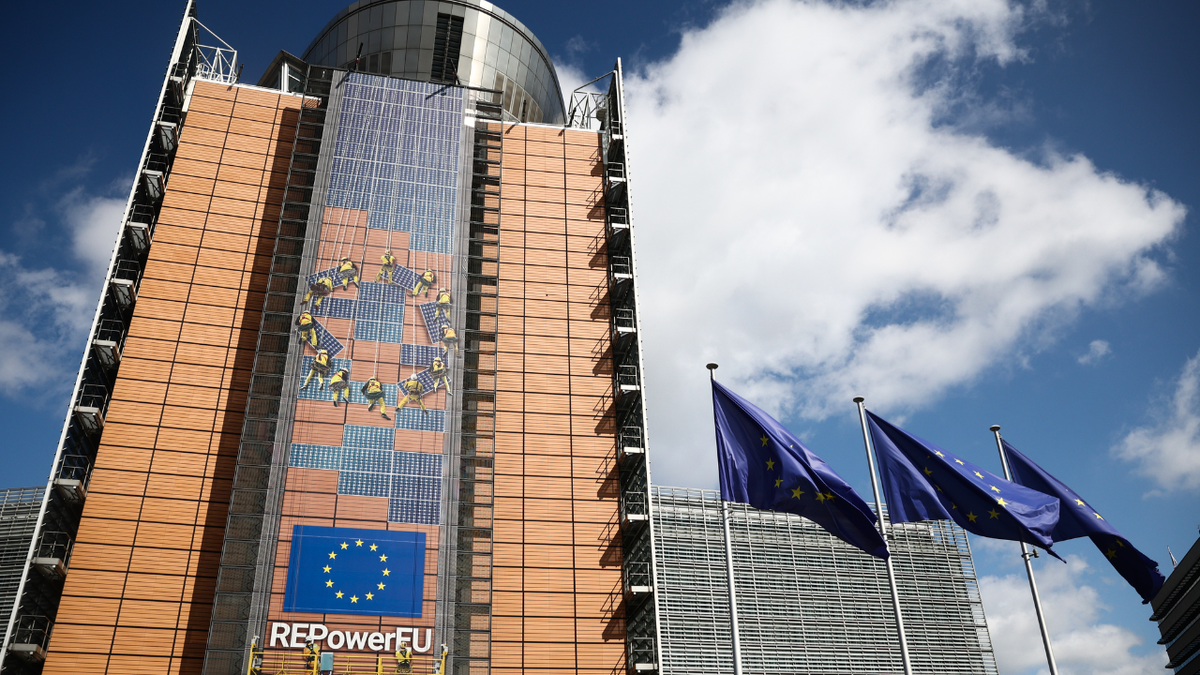The European Union is venturing into the contentious realm of solar radiation modification, exploring the possibility of blocking sunlight to mitigate climate change. This initiative, outlined in a framework assessing climate change's security implications, will investigate the potential risks and uncertainties associated with such drastic atmospheric interventions.
One method under consideration, stratospheric aerosol injection, involves increasing atmospheric particles to diminish the amount of sunlight reaching Earth's surface. While proponents argue for its potential in curbing rising temperatures, critics express concerns about diverting attention from crucial emission reduction efforts and the possibility of unforeseen consequences, including disrupted rainfall patterns.
The EU acknowledges the inherent risks of these technologies, recognizing their potential to create new dangers for both populations and ecosystems. The framework also highlights the potential for such interventions to exacerbate power imbalances between nations, potentially leading to conflict and raising a multitude of ethical, legal, governance, and political issues.

European Union flags displayed outside the EU Commission headquarters in Brussels, Belgium.

Image of the sun captured by NASA.

The Barlaymont European Commission building in Brussels, Belgium.
Despite these concerns, the EU is committed to supporting international efforts to comprehensively assess the risks and uncertainties of climate interventions, including solar radiation modification. This research will be crucial in determining the feasibility and safety of such technologies, weighing the potential benefits against the potential for unintended consequences.








